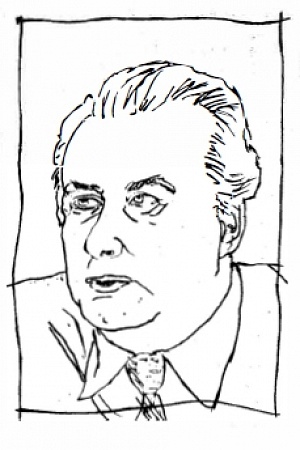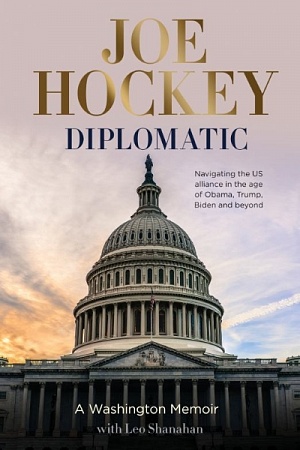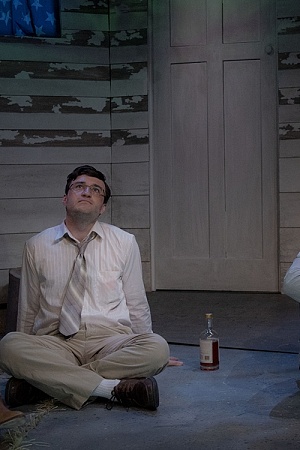The Hot Seat: Reflections on diplomacy from Stalin’s death to the Bali bombings
HarperCollins, $45 hb, 336 pp
The world as it is
One of the puzzles of Australia’s diplomatic service is the comparative lack of informative memoirs by senior diplomats. Of the sixteen heads of Foreign Affairs mentioned in this book, only three apart from Richard Woolcott – Alan Watt, Alan Renouf, and Peter Henderson – have written memoirs (although John Burton wrote much about international conflict management, and Stuart Harris – more an academic than a public servant – has written about many international issues, especially economic ones). Some senior figures have contributed columns and articles, but many other senior and respected ambassadors have written nothing. Perhaps this is one reason for the lack of a profound appreciation of international affairs in Australia, which Woolcott so deplores. This book, however, is a substantial contribution to the literature, situated firmly in the realist tradition, and is probably the best memoir to date from a former Australian diplomat.
Woolcott begins with a homily about the need for Australia to ‘adjust to the region in which we are situated’. He laments the trivialisation and oversimplification with which external affairs matters are often treated, and the way in which domestic politics can inhibit best diplomatic practice.
Two Dick Woolcotts are known to the public. One is the distinguished senior diplomat, a rising star from very early in his career, the former head of the Department of Foreign Affairs and Trade (DFAT), and holder of virtually every senior Australian ambassadorial appointment at one time or another; debonair, articulate, well-briefed, with an amazing ability to charm and persuade every prime minister from Robert Menzies to Paul Keating, and most major world leaders with whom Australia has dealt in the past forty years. The other Dick Woolcott is the evil genius of Australia’s East Timor policy, leader of the ‘Jakarta lobby’ in Foreign Affairs, who, as ambassador in Jakarta in 1975, exerted far too great an influence over the governments of the day and was blind to the rights of the East Timorese. Which is the reality and which is the caricature?
Continue reading for only $10 per month. Subscribe and gain full access to Australian Book Review. Already a subscriber? Sign in. If you need assistance, feel free to contact us.










Leave a comment
If you are an ABR subscriber, you will need to sign in to post a comment.
If you have forgotten your sign in details, or if you receive an error message when trying to submit your comment, please email your comment (and the name of the article to which it relates) to ABR Comments. We will review your comment and, subject to approval, we will post it under your name.
Please note that all comments must be approved by ABR and comply with our Terms & Conditions.